There is an opinion that those of us who teach psychology often have to tolerate. I would translate this opinion as the belief that the strategies we spend our time researching could be identified by common sense. Some assume that what we teach and test is about the theory and research behind such practical applications and these topics are not especially valuable because most folks would function in their daily lives according to common sense and achieve very similar results. My specialization, which includes courses intended to prepare future teachers but also talking to students about their learning strategies, frequently confronts this attitude. Both future teachers and college students have experienced the educational process as learners for many years and so often feel well-informed when it comes to the strategies they should apply for success. Is this the case?
Many examples demonstrate that the behavior of learners is far from optimal. An obvious example would be how students spend their time. Studies of massed versus distributed practice clearly show the long-term benefit of distributing the investment of study time. Yet, cramming for exams is common. I understand that the issue here is often one of motivation rather than the understanding of learning. Simply put, long-term retention may not be what many students prioritize. Their goal may be to maximize their performance on tomorrow’s test with far less interest in whether they can recall the content next year. If students understand this and don’t care, then cramming may not represent a good test of the claim I am making. The problem I intend to describe here seems different, but even cramming ignores the reality that courses build on each other and background knowledge has a significant impact on success with future related courses.
When it comes to studying and even to what has become my most recent interest, nonacademic note-taking and the application of knowledge gleaned from personal reading, there are examples more easily related to the lack of understanding of how learning works. Such examples come from situations in which a learner decides between two strategies that require the same commitment of time and chooses to focus on the less productive strategy. When such examples can be identified, this is not the end of what researchers want to learn. Why are poor choices common? Are learners unaware of their poor choice and the issue might then be resolved through greater awareness or are other more challenging issues involved? To get back to the issue I first identified, why doesn’t common sense solve this challenge?
The value of retrieval practice represents an example of the situation I have just described and this phenomenon has received a great deal of recent attention. An easy way of operationalizing one task that involves retrieval practice is to describe this task as testing. The purpose is not testing for a grade, but just for benefits generated by the experience of testing. This task might be controlled by an educator who spends some class time having students use clickers or their cell phones to respond to questions based on assigned reading or classroom presentations. Testing might be self-imposed with one common strategy being the use of learner-created “flash cards”.
So, to implement the type of research scenario I have just claimed demonstrates that learners make poor choices, it is necessary to first know that one strategy is more productive than the other. A simplified description of such research would involve two groups assigned at random to conditions that either involve the review of notes and book highlights or the same content with some of the time spent completing test items. When both groups work for the same amount of time, the group that included retrieval practice (testing) performs better on a delayed test of what was learned.
Once established, the focus becomes what do learners do when study “in the wild” or when offered the option of a study session including testing or a study session focused on the study content without testing? A surprising proportion avoid the inclusion of some form of testing as part of their study sessions.
The perception of effort required and perceived effectiveness
Retrieval practice has attracted a great deal of recent emphasis and again the question is why learners underutilize tasks that involve retrieval. One hypothesis relates to how learners interpret the difficulty of different study methods. Here is how this has been investigated.
Participants are involved in several studies in which they rate two study strategies (i.e., study involving or not involving testing) for the mental effort required and the perceived effectiveness (Kirk-Johnson and colleagues, 2019). It appears the more learners perceive a study strategy as mentally demanding the less effective they perceive it to be and the less likely they would select it for future use. The researchers described this as the misinterpreted-effort hypothesis.
How do learners interpret testing?
Morehead and colleagues (2015) investigated knowledge of study strategies by asking both educators and college students about different methods. The researchers asked college students how frequently they used a list of study methods including rereading, flashcards, testing, studying with friends, reworking your notes, etc., and in a second study they presented students with scenarios in which two study options were listed and asked the participants to select which they would most likely apply. When the researchers focused on teachers, they asked about the value of different study methods. These methods determined that both college students and instructors recognized testing as productive, but follow-up questions indicated the value was perceived to be the identification of which topics still needed more work rather than recognizing that the experience of trying to recall information to answer test questions results in better understanding and retention. Of course, the identification of what to focus on is important to be efficient in the use of time, but this perspective underestimates the impact of retrieval practice as an efficient learning experience.
What to make of all of this?
It seems important to me that more advanced students appreciate the value of testing even if they focus on a different and valid explanation for why testing experiences are valuable. Effective metacognition partly depends on personal insights into how learning works. It seems more obvious that testing identifies failures of understanding than that testing builds retrieval strength so recognizing the direct benefits of retrieval practice is much less likely to be apparent from daily life experiences. Educators are in the best position to address this situation. While present understanding of the values of testing reflects a limited perspective on the part of educators, the formal training of educators should address this issue and educators should then be in an ideal position to include retrieval practice tasks as they interact with students and to encourage students to make greater use of retrieval practice as part of the time they devote to self-directed study.
The message that “what doesn’t kill you makes you stronger” is a popular way to counter difficult things in other parts of our lives and perhaps a variant of the advice can be promoted when it comes to how we try to learn. The academics have been pushing what they describe as “desirable difficulty” as a more cognitively-based interpretation of this principle. Difficulty is not an end in itself, but in situations in which tasks require certain important cognitive activity the engagement of these activities may be perceived as more demanding than not engaging such behaviors. The need is to interpret this effort appropriately.
References:
Kirk-Johnson, A., Galla, B. M., & Fraundorf, S. H. (2019). Perceiving effort as poor learning: The misinterpreted-effort hypothesis of how experienced effort and perceived learning relate to study strategy choice. Cognitive Psychology, 115,101237. http://dx.doi.org/10.1016/j.cogpsych.2019.101237
Kornell, N., & Bjork, R. A. (2007). The promise and perils of self-regulated study. Psychonomic Bulletin & Review, 14, 219 –224. http://dx.doi.org/10.3758/BF03194055
Morehead, K., Rhodes, M. G., & DeLozier, S. (2016). Instructor and student knowledge of study strategies. Memory, 24, 257–271. http://dx.doi.org/10.1080/09658211.2014.1001992
Willingham, D. T. (2023). Outsmart your brain: Why learning is hard and how you can make it easy. Simon and Schuster.
Yang, C., Luo, L., Vadillo, M. A., Yu, R., & Shanks, D. R. (2021). Testing (quizzing) boosts classroom learning: A systematic and meta-analytic review. Psychological Bulletin, 147(4), 399-435.
![]()


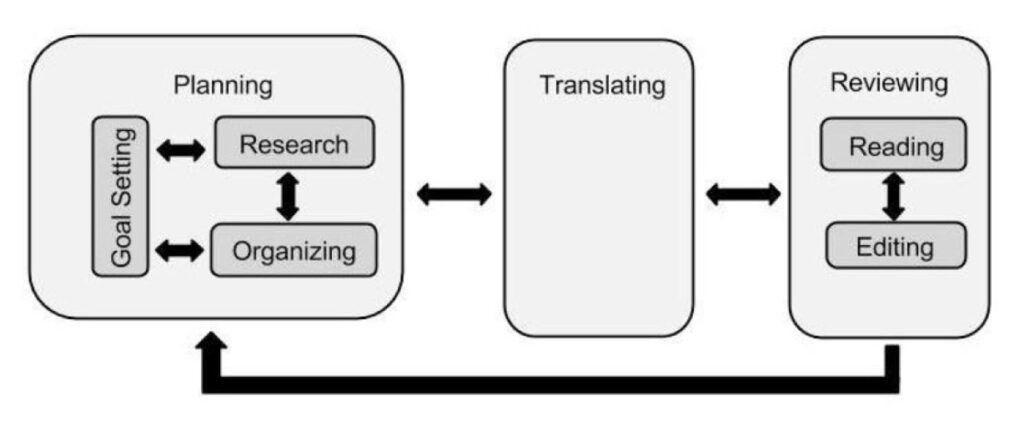


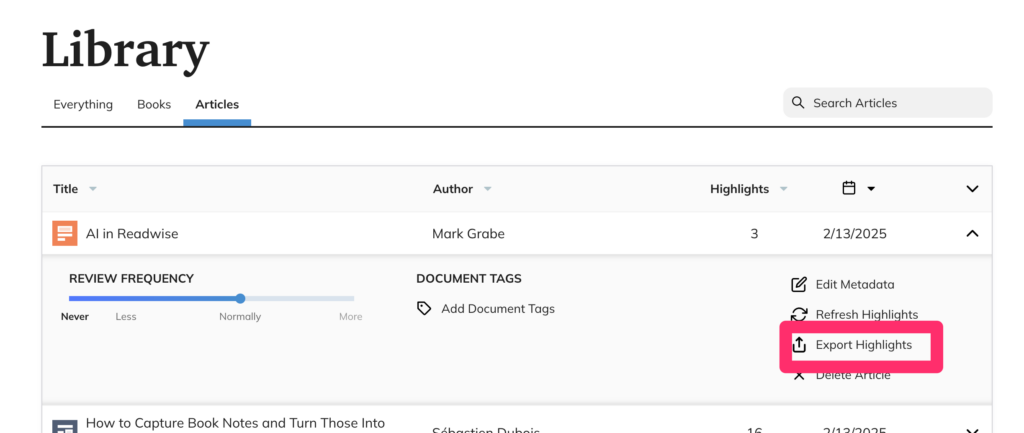
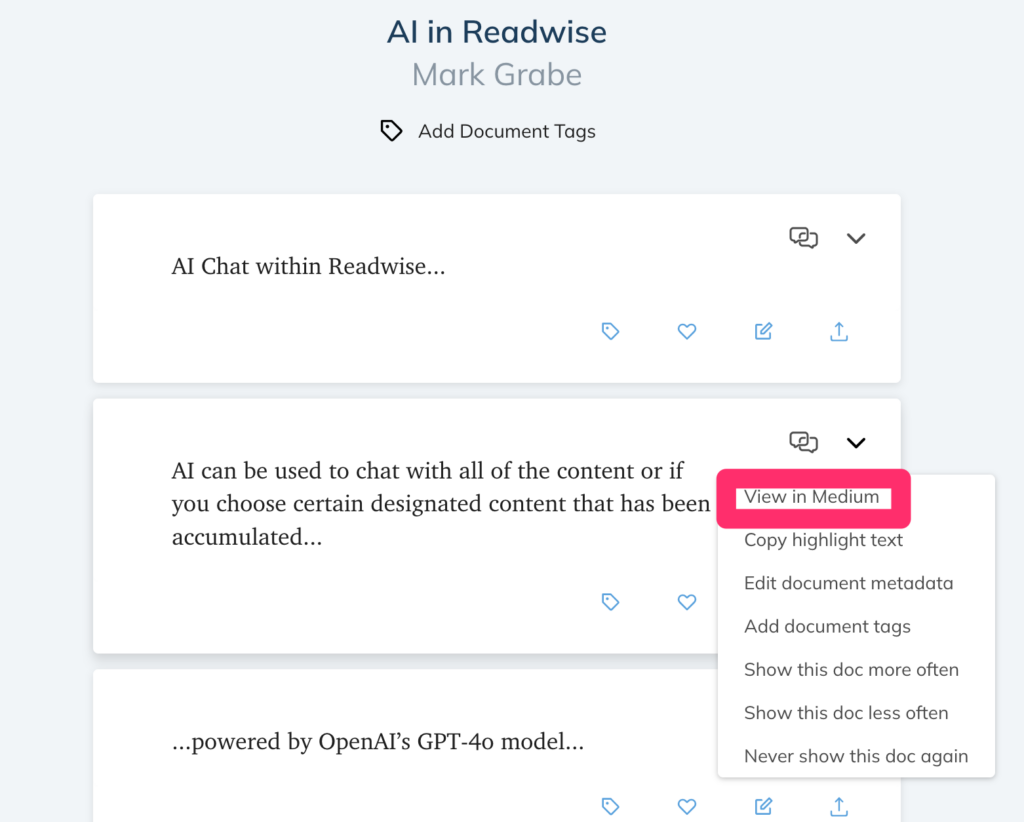
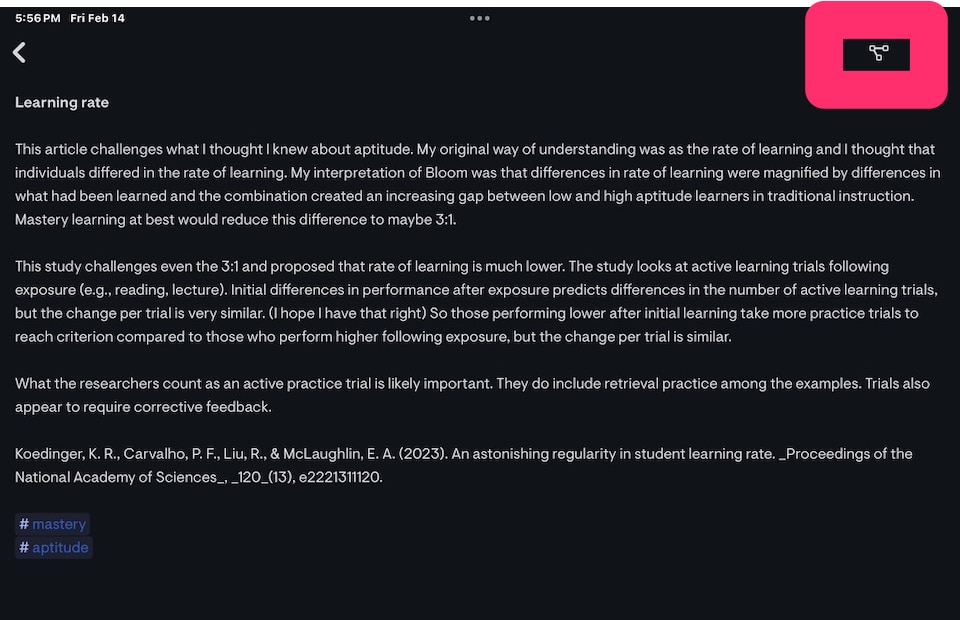
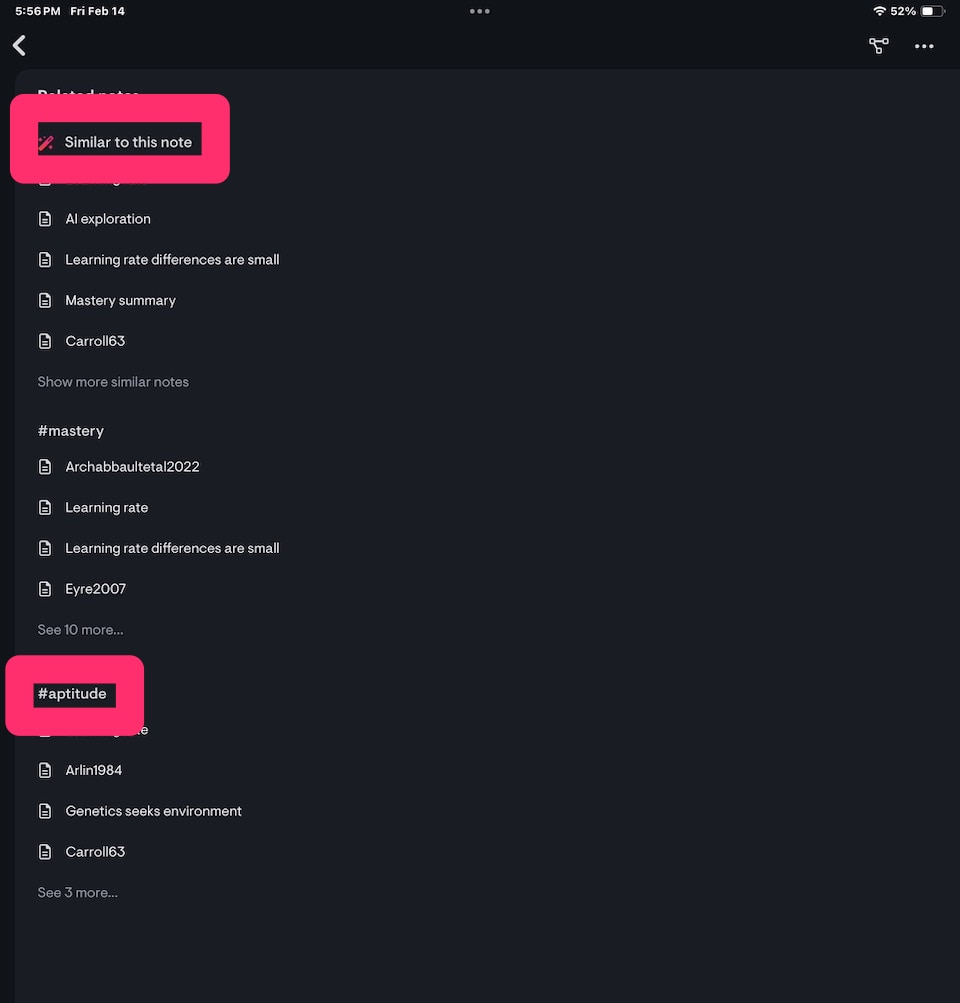
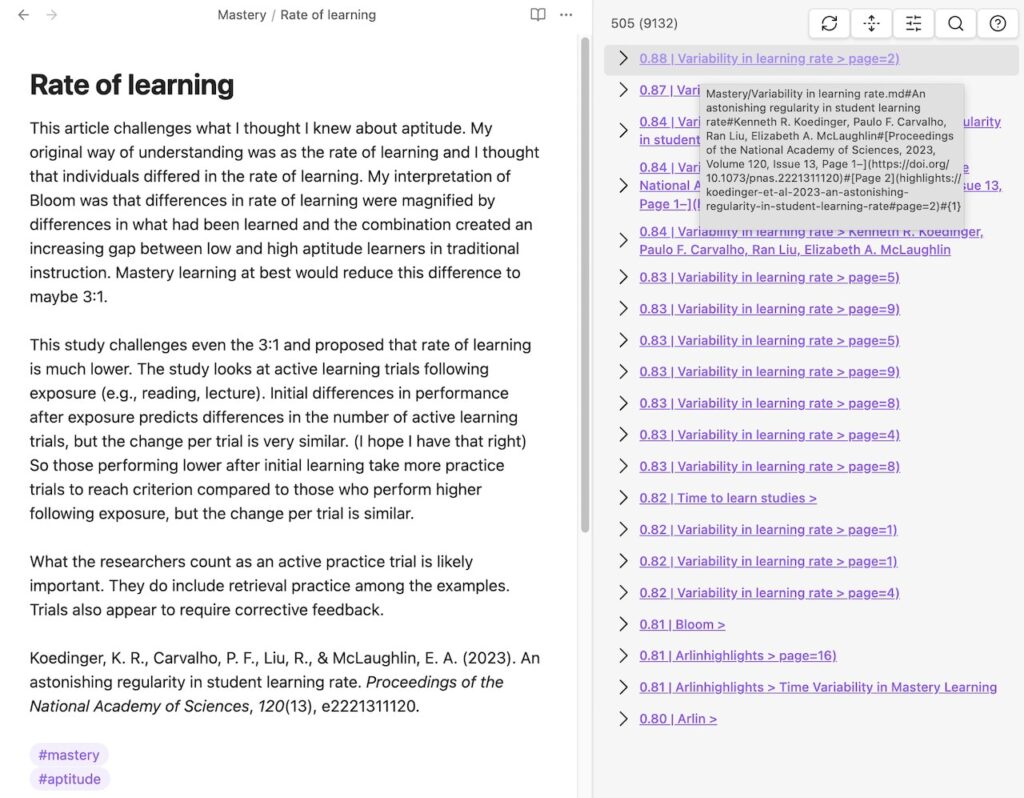
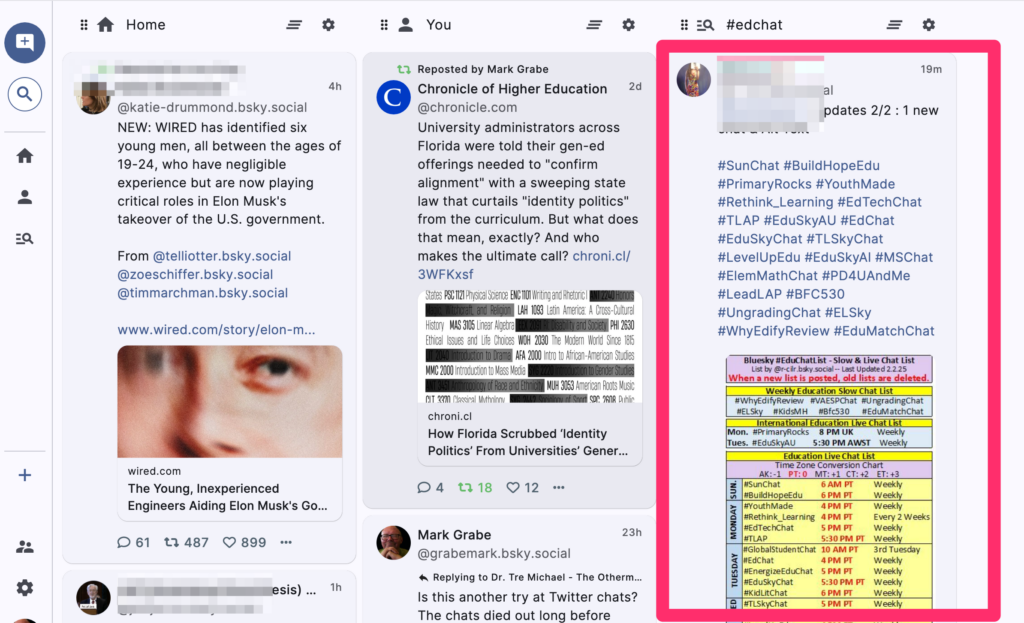
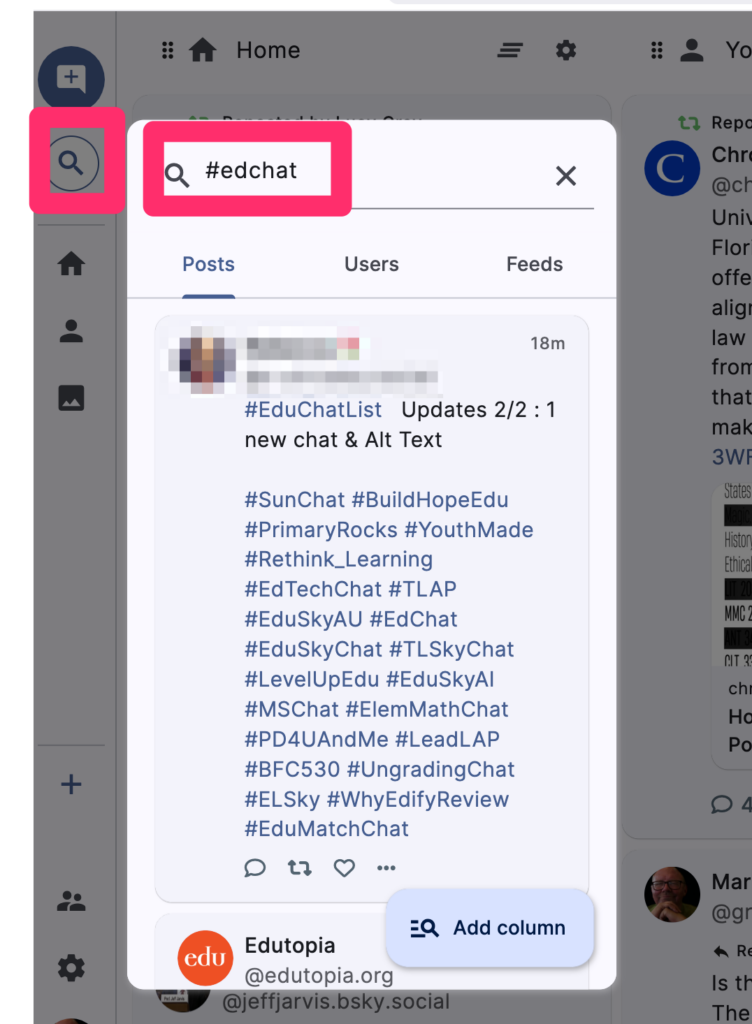
You must be logged in to post a comment.